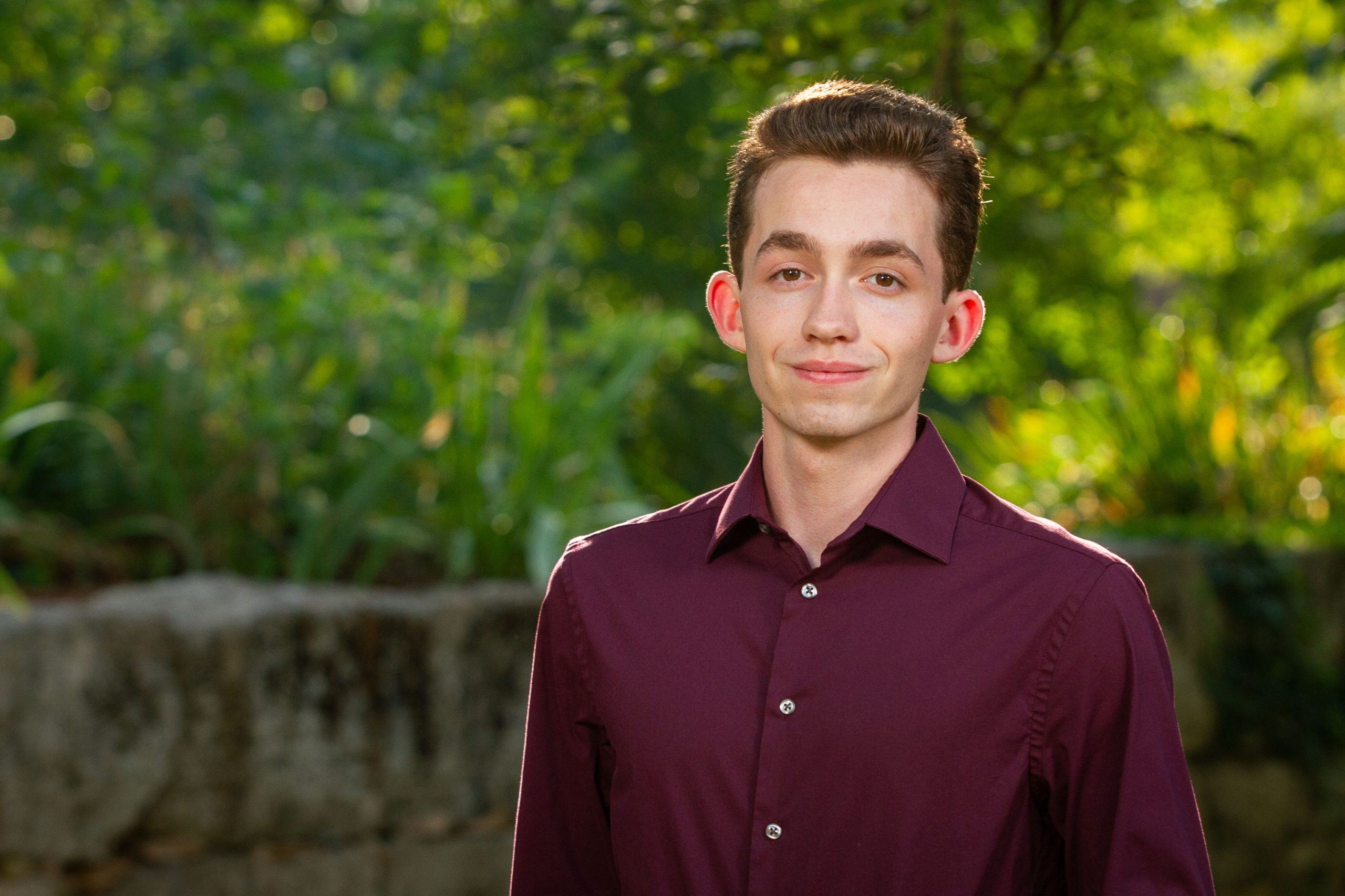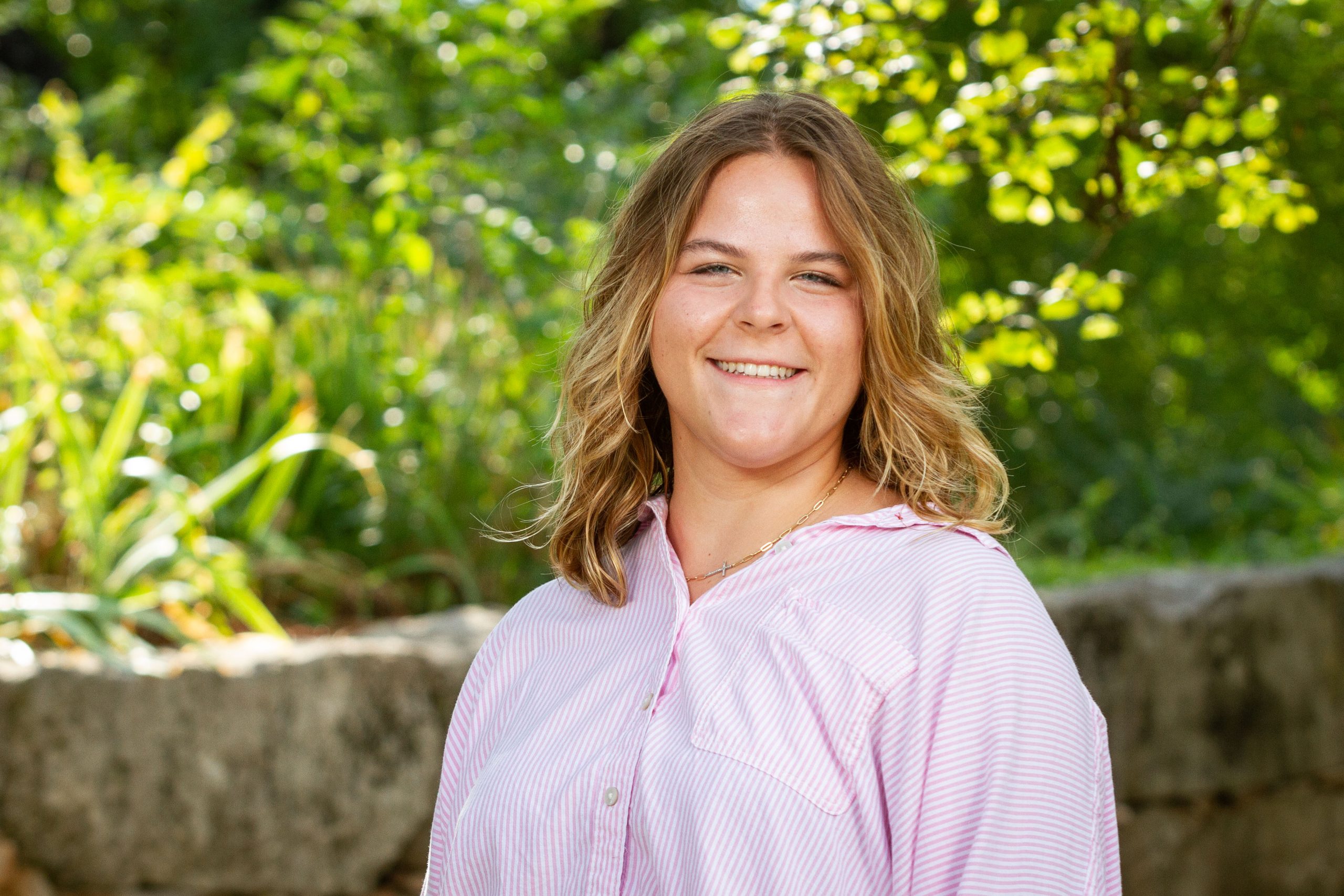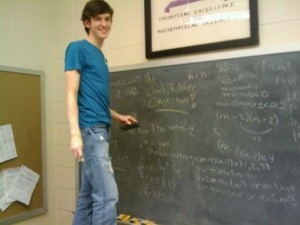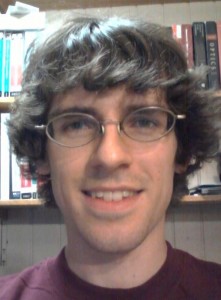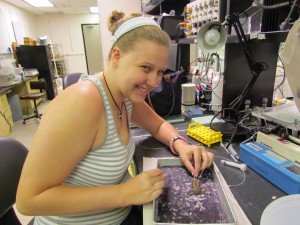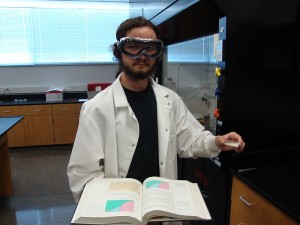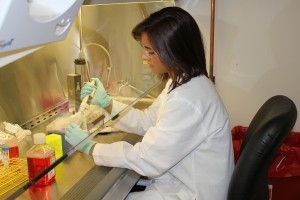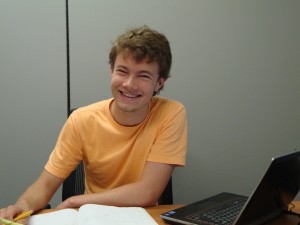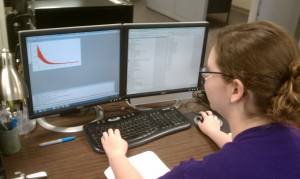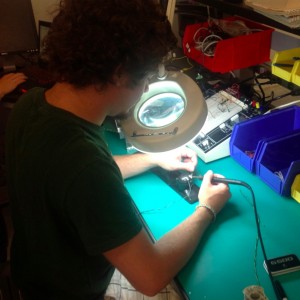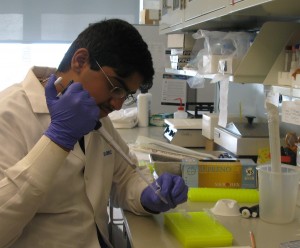[fblike] 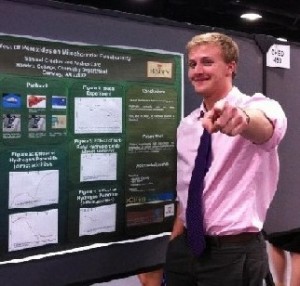 Can you describe your experience at the Gatton Academy?
Can you describe your experience at the Gatton Academy?
I had the good fortune to attend the Gatton Academy at a time when the culture of the Academy was in its infancy. As such, my class and the class above us were able to explore just what was possible at the Academy. We were the first students to acquire research positions, and also had the opportunity to join clubs and social organizations on campus. These opportunities allowed us to establish the Gatton Academy as a visible presence on Western Kentucky University’s campus.
How have your experiences at the Gatton Academy helped you in your adult life?
My experience at Gatton was extremely beneficial. I had an incredible opportunity to get a head start on my undergraduate education, as well as a chance to develop and mature as a person. The skills I developed there have allowed me to succeed in both my education and social life in college.
Since the Academy, what have you been up to?
Currently, I am a biochemistry major at Hendrix College in Conway, Arkansas. I’ve worked for two years as a researcher in the biochemistry department with a focus on oxidative damage in liver mitochondria. This fall my research was published in Toxicology Letters. I also had the opportunity to present at the spring meeting of the American Chemical Society (ACS) this past March. I am currently in the process of applying to medical school.
What do you aspire to achieve in the next ten years?
I hope to have completed medical school and be working on my residency.
What was your favorite memory from your time at the Gatton Academy?
I actually have two. When I was a first year, I joined with several of my fellow 4th floor hall-mates and took the Ping-Pong table into our wing common room after curfew. I procrastinated on a biology lab assignment so that I could participate in our late-night tournament. My other favorite memory is from senior year. The week before spring finals, a group of Academy students and myself dressed as superheroes and went to the “Free Comic Book Day” event at a local comic book store. It was only when we arrived that we realized we were the only ones in costume…Good times.
We would like to thank Mr. Sam Crocker for taking time out of his schedule to be interviewed. Next week we will be spotlighting Ms. Celia Whelan.
